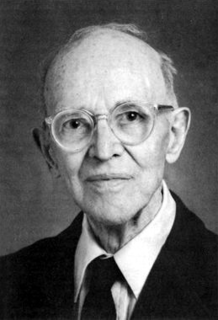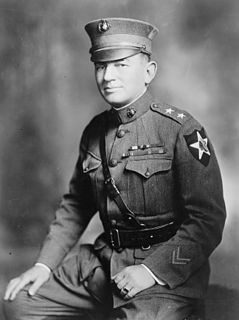A Quote by Charles de Gaulle
Whereas ordinary officers must be content with behaving correctly in front of their men, the great leaders have always carefully stage-managed their effects.
Related Quotes
It appears to me that one great cause of our difference in opinion on subjects which we often discuss is that you have always in mind the immediate and temporary effects of particular changes, whereas I put these effects quite aside, and fix my whole attention on the long-term effects that will result from them.
The world and all its wisdom is but a booby, blundering school-boy that needs management and could be managed, if men and women would be human beings instead of just business men, or plumbers, or army officers, or commuters, or educators, or authors, or clubwomen, or traveling salesmen, or Socialists, or Republicans, or Salvation Army leaders, or wearers of cloths.
Whereas, to preserve liberty, it is essential that the whole body of the people always possess arms, and be taught alike, especially when young, how to use them; nor does it follow from this, that all promiscuously must go into actual service on every occasion. The mind that aims at a select militia, must be influenced by a truly anti-republican principle; and when we see many men disposed to practice upon it, whenever they can prevail, no wonder true republicans are for carefully guarding against it.
God thus excludes the world; he is only its cause; in no sense is he effect, of himself or anything else. Pantheism (better, "pandeism," for again it is not really the theos that is described) means that God is the integral totality of ordinary cause-effects, and that there, is no super-cause independent of ordinary causes and effects.
The relationship between officers and men should in no sense be that of superior and inferior, nor that of master and servant, but rather that of teacher and scholar. In fact, it should partake of the nature of the relationship between father and son, to the extent that officers, especially commanding officers, are responsible for the physical, mental, and moral welfare, as well as the discipline and military training of the young men under their command.







































